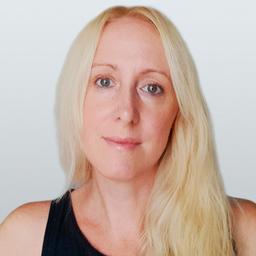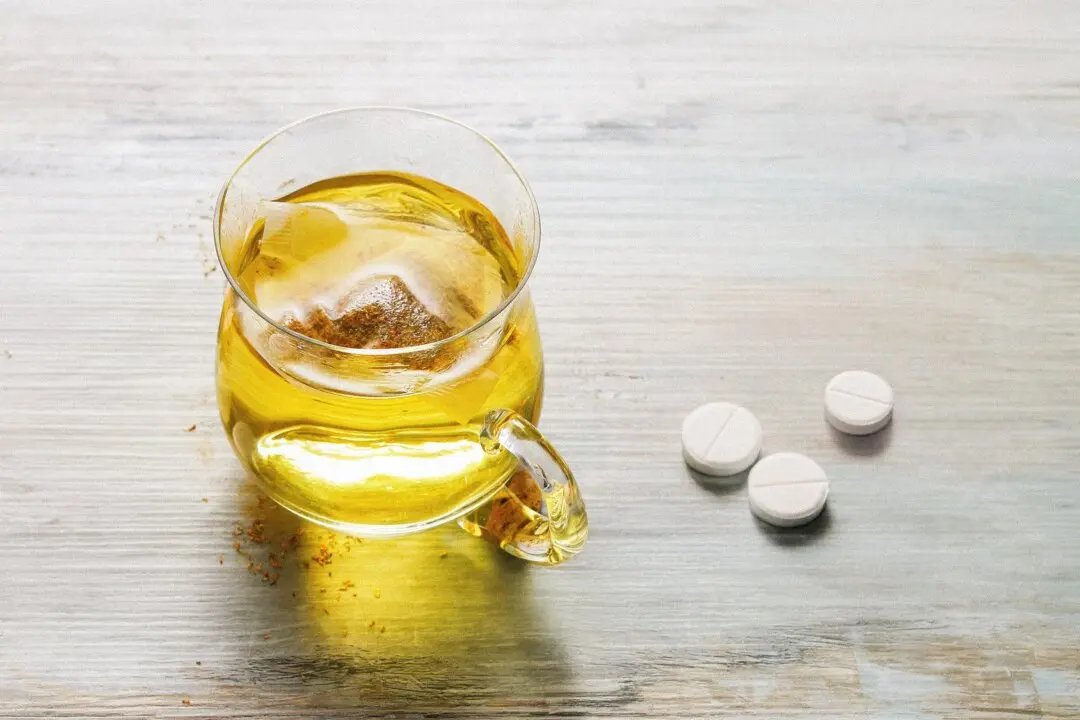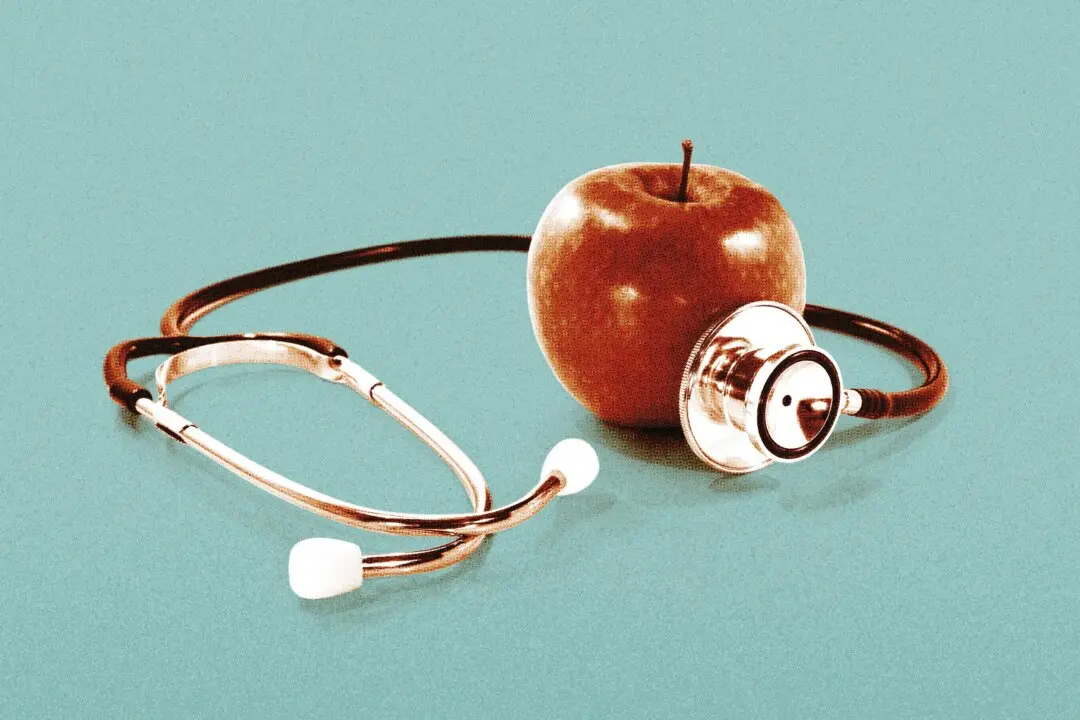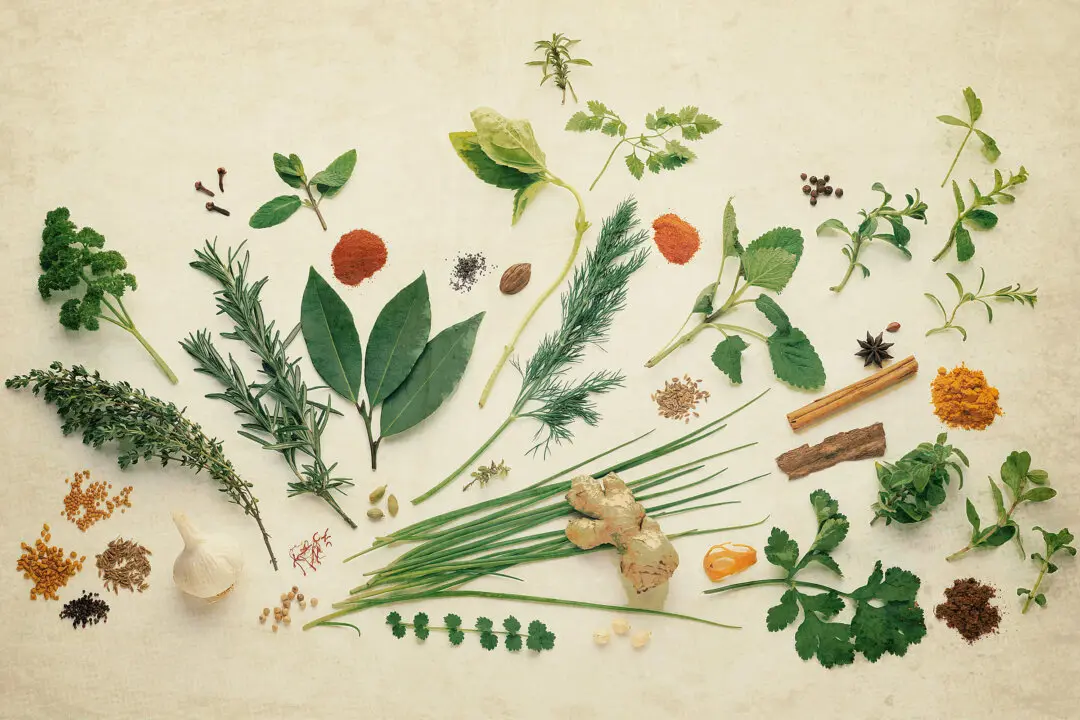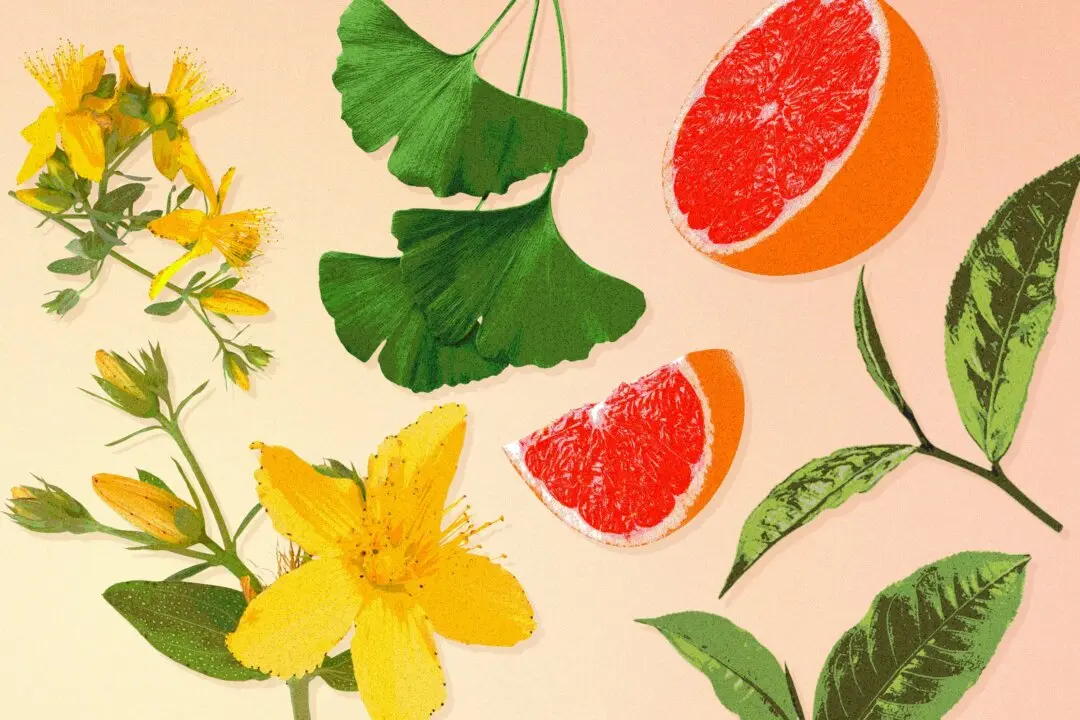All of us move through life in a series of stages, each with its own unique characteristics. When we are young, we go through phases of intense growth and development until we reach maturity, and then there is a gradual state of decline as we get older.
These stages were clearly defined thousands of years ago and documented in the classic Chinese medical text, “The Yellow Emperor’s Classic of Internal Medicine.” It was written in the third century B.C. and is one of the oldest and most seminal works in the history of Chinese medicine.


